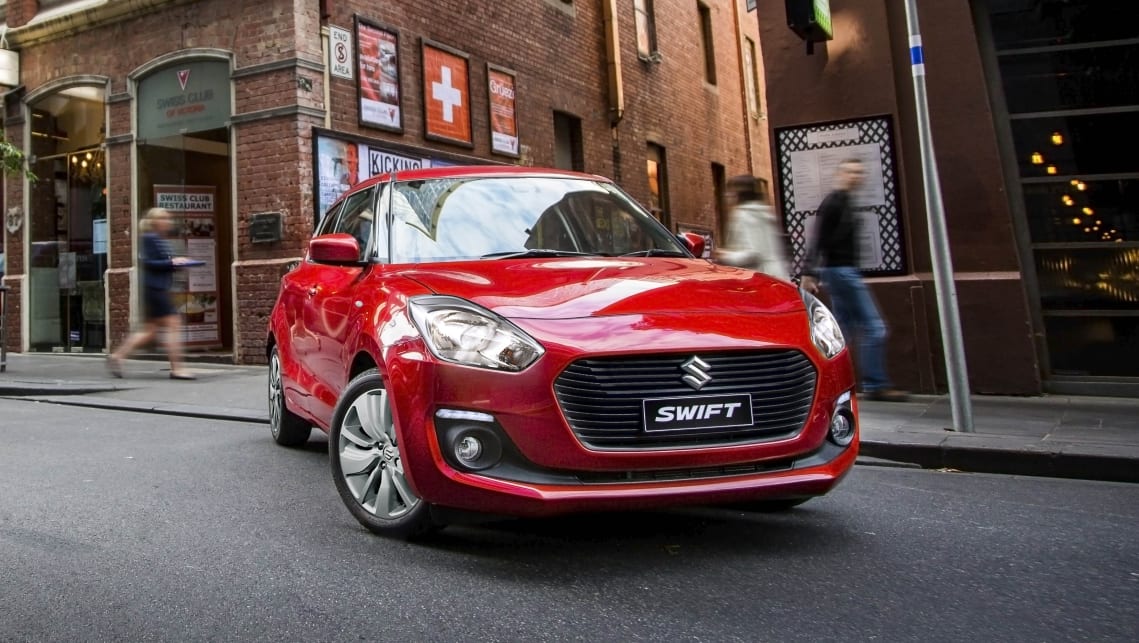
Imagine you are in the middle of a highway then your car starts behaving abnormally or you are just about to leave for one only to be stranded in the garage because your car will not start. These are some of the things low fuel pressure can cause. Usually, a fuel pump takes fuel from the tank and delivers it to the carburetor at the required pressure.
The first place most people would focus on is the fuel pump if they notice abnormalities with the fuel pressure. More often, the problem may not actually be the fuel pump but external factors that affect the fuel pump. Recognizing the main causes of low fuel pressure is important in ensuring you take the earliest opportunity to rectify the problem. Here are the main causes of low fuel pressure:
- Weak Pump
A normal fuel pump produces a quiet hum during their normal operation. A weak pump will produce an abnormal sound that should serve as a warning to you. Fuel pumps are usually tailored to the specific vehicles to provide ideal pressure for the smooth running of the engine. Things that can interfere and lead to weak fuel pump include a low voltage to the pump.
The pumps need a certain amount of voltage to provide the vehicle with suitable and efficient performance. In case the battery of the vehicle is incapable of delivering enough voltage to the pump, fuel pressure would inevitably reduce. The main causes of low voltage to fuel pump are improperly installed wires or battery problems.
- Clogged Screen Filter
Fuel pumps usually have a screen at their bottoms to provide first line defense against impurities such as debris in that might be present in the fuel tank. With time, the screen filter may become clogged reducing fuel pressure or even stopping fuel flow. A vehicle with the clogged screen will have difficulties starting. Such a vehicle may also stall, backfire or hesitate.
Acceleration may also be affected. A clogged screen filter may not allow you to accelerate beyond a certain speed although it may run smoothly at lower speeds. To correct low fuel pressure, you will need to clean or replace the filter screen. If you are experiencing problems with acceleration then the first place to look to have a diagnosis is fuel pressure. Find out How You to Check Fuel Pressure.
- Dysfunctional Fuel Pressure Regulator
The fuel pressure regulator of a vehicle regulates the pressure of fuel that reaches the engine. There are two types of fuel regulators – vacuum and electronic regulators. Both do the same thing via different mechanism but if they fail, your vehicle’s fuel pressure will also drop.
Signs of failed fuel pressure regulator in addition to low pressure include emission of black from the tailpipe, stalling engine, issues with deceleration, gasoline dripping from the tailpipe and engine failing to start smoothly.
Generally, a dysfunction fuel pressure would interfere with the amount of fuel allowed to enter the fuel rail and consequently leading to low fuel pressure. You should take the earliest opportunity to correct the problems with fuel pressure regulator before your vehicle is too damaged to serve you properly.
- Defective Fuel Lines and Fuel Relays
Certain things can cause fuel lines to crack or clog. This will reduce fuel pressure before it reaches the engine resulting in poor engine performance. In most cars including the modern brands feature fuel relays which turn on the fuel pump. In case the fuel relay has a problem, it will not induce the fuel pump to start working and this will be evident as very low fuel pressure.
A defective fuel relay will cause your engine to crank but prevent it from starting. Since this is not the only cause of failure of a vehicle to start, you may have to rule out other causes such as bad spark plug. You can check your vehicle’s spark plug before blaming the failure to start on low fuel pressure. But what does a bad spark plug look like? Find out more here.
- Empty Gas Tank
It is important to ensure you maintain optimal levels of fuel in your gas tank. For most vehicles, a certain level of fuel should be in the gas tank at all times in order to maintain the right fuel pressure. Very low levels or empty fuel tank can reduce fuel pressure and interfere with the performance of your car. Ensure your fuel gauge is working properly because it shows the levels of gas in the tank so that you refill in case it falls too low.
Conclusion
It does not matter the cause of your vehicle’s low fuel pressure. The bottom line is that you have to make a correct diagnosis and begin corrective measures immediately before further damage to your automobile.
Remember causes of low fuel pressure are many and may not necessarily be associated with the fuel pump. This means replacing the pump may not improve your vehicle’s performance, therefore, you need to see a professional mechanic for help in elucidating the actual source of the problem.
Author Bio
Alice is the founder behind the automotivebros. She is described as the car repair helper, money sever and advice giver when it comes to automobile industry. Automotivebros gives best automotive products and repair posts that are straightforward and share her expertise in a manner that is easy-to-understand. Readers definitely are in for a unique and fun reading experience when the visit automotivebros.




